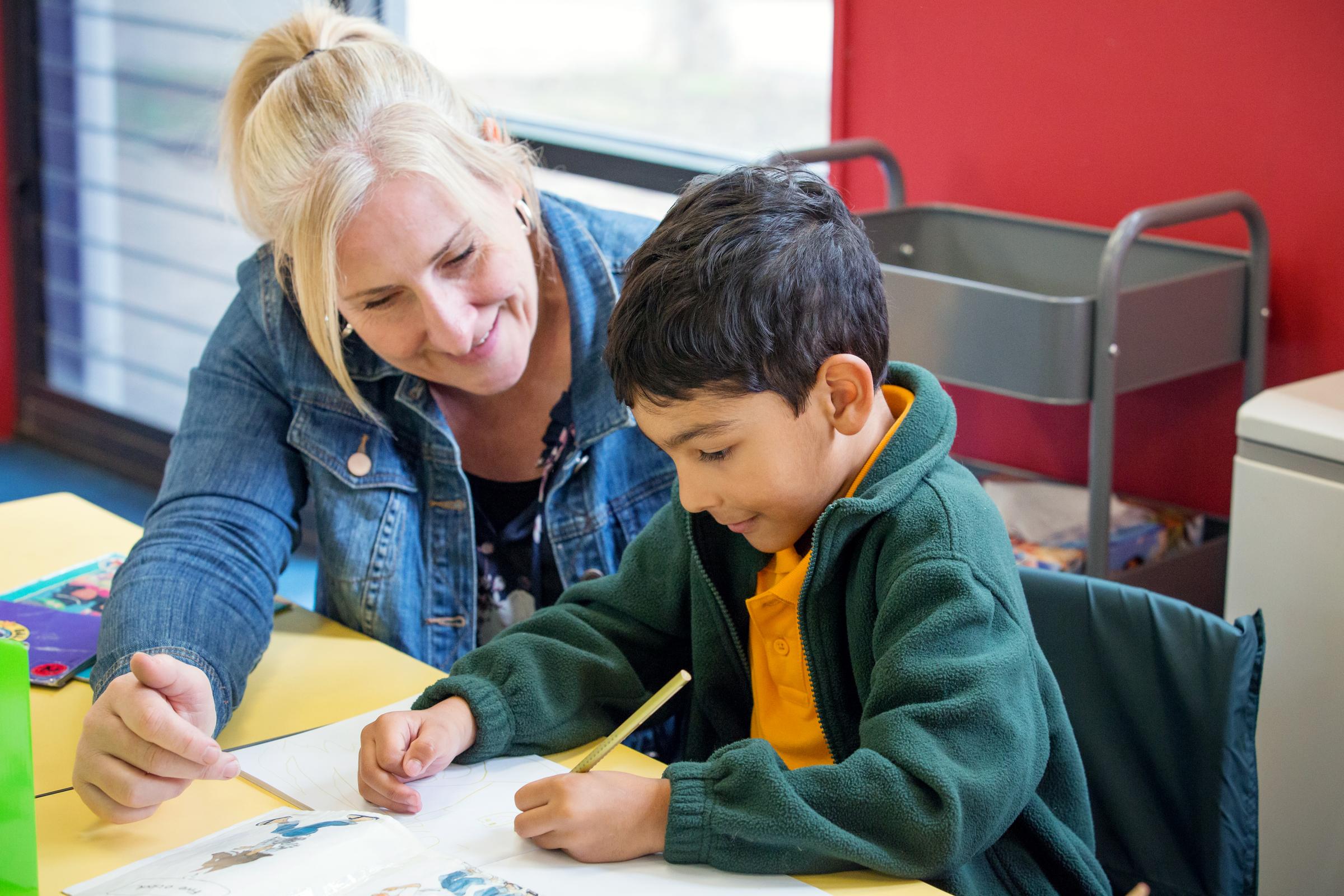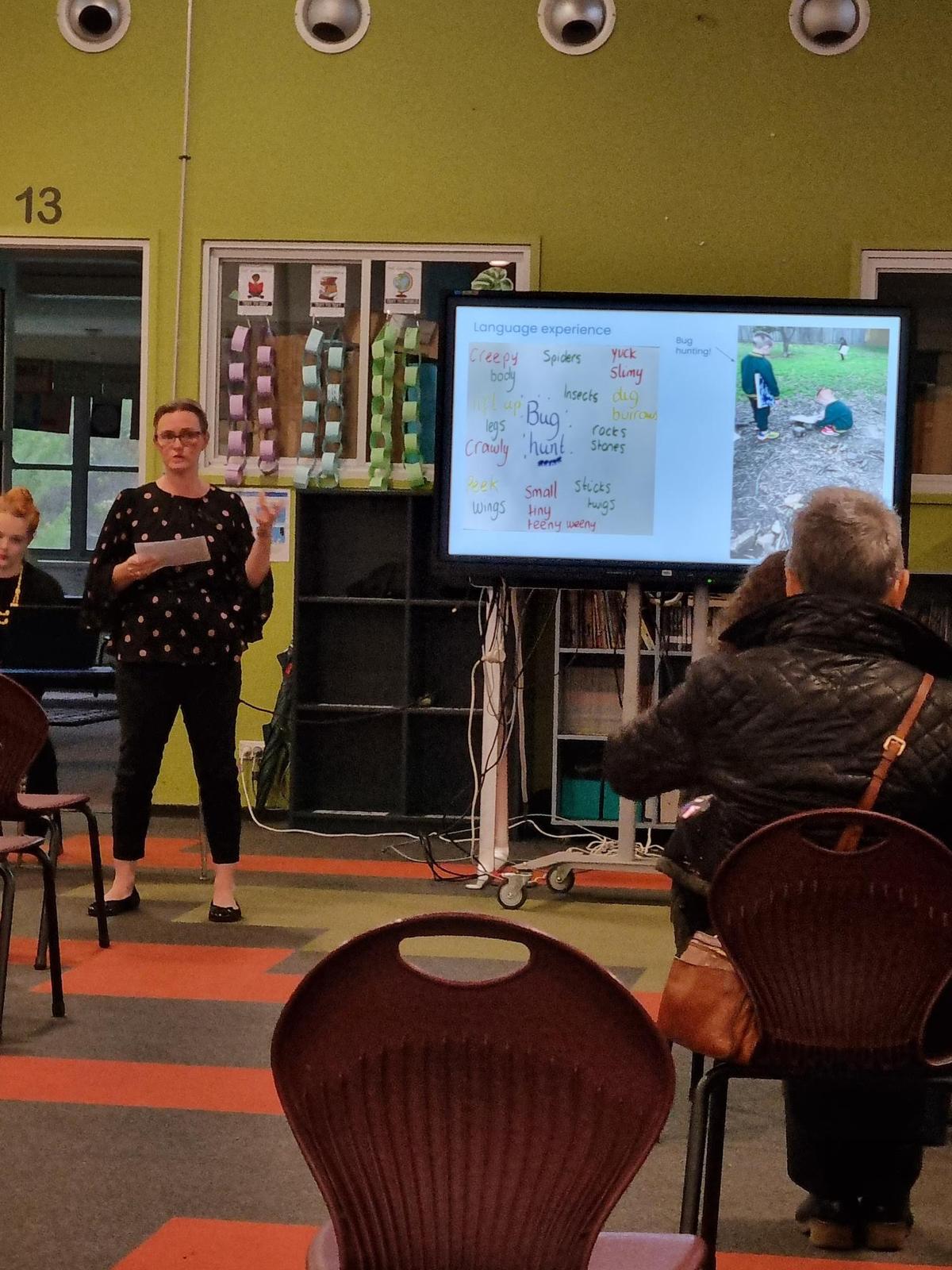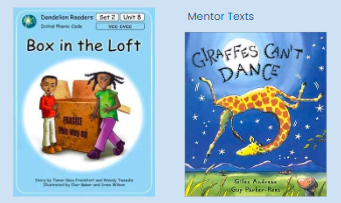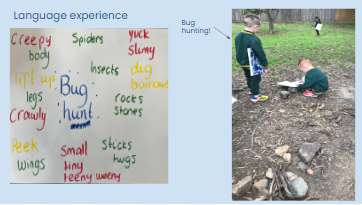Assistant Principal - Teaching and Learning
Ms Ashley Kuusela

Assistant Principal - Teaching and Learning
Ms Ashley Kuusela
Last week Karoo Primary School hosted a visit from the Boutique School Network.
Boutique schools are a cluster of very small schools that join together in order to network and access greater professional learning opportunities. They meet twice a term to work together. Specifically, there are 6 schools in the network that have an enrolment of 150 students or less, they are:
The purpose of their visit was to deepen their understanding of strategies that can be used in the classroom to develop oral language.
Along with a presentation from speech pathologist, Sarah Andrews, three of our staff were also able to share their expertise with the network. Mrs Karen Corralas, Mrs Fiona Marker and Mrs Amy Ellis provided meaningful and relevant professional learning, highlighting some of the practices we use here at Karoo to support and develop our student’s oral language and broaden their vocabulary. Further to the presentation, our visitors were invited into the classrooms to see evidence of the student’s learning.
We know that the classroom can act as the ‘third teacher’, a place to house co-constructed Anchor charts, Word Walls and student work so that our classrooms are vocabulary rich, facilitating and supporting students in their learning by becoming meaningful reference points.


Over the course of the next few editions of our newsletter, I will be sharing with you some of the professional learning provided by our wonderful teachers. In this edition, we learn from Mrs Amy Ellis.
Why teach oral language?
Decades of research into how we learn to read have given us an insight into what skills good readers use, how they are linked, and which parts of the brain are responsible for reading development. The evidence shows that there are 6 essential components necessary for effective reading, we refer to them as the ‘The Big 6’.
The 6 areas that have been identified as crucial for reading success are Oral Language, phonemic awareness, phonics, fluency, vocabulary and comprehension. Oral Language is the foundation for both reading and writing success.
Read Alouds
As part of our reading sessions in Foundation to Year 1 we use decodable read alouds to teach accuracy and fluency. In addition to focusing on these skills, we also select Tier 2 Vocabulary words to highlight and discuss their meanings. We use vocabulary slides to:
1) explain a definition,
2) put it in a sentence (use it in context) and
3) associate the word with word families.


During our collaborative planning sessions each week, teaching teams select rich literature to read aloud TO the class and explicitly teach comprehension strategies, while also highlighting tier 2 vocabulary to discuss and explain. We try to refer to these words incidentally throughout the week. For example, we read Wombat Stew and explained and practiced the word ‘ambling’. Then each time we would go outside I might say ‘can you all amble to the floor.’
We select and list on anchor charts any adjectives or verbs that are interesting in the text and use these across both reading and writing. Planning for Reading and Writing is done side by side on the teaching planners which helps us to support students to make connections in their learning.
The Language Experience Approach
Language experience involves a whole class, shared experience such as an experiment, a classroom event, hands-on activities, or excursions and incursions. Once students have participated in the shared experience, we use ‘Turn and Talk’ or ‘Learning Circles’ to come up with any words / vocabulary that were used. This is then put on an anchor chart and might be separated into types of words, for example, writing all the nouns in blue, adjectives in red and so on. The idea is to give students the opportunity to talk, but also build their use of more detailed and explicit language. We then model writing about the experience, and get students to Turn and Talk to someone in order to help them rehearse what they will write. Words from the experience can be kept on anchor charts or put up on a vocabulary wall for further reference points. The Language Experience Approach is effective and engaging because it is hands on and we are able to link it in with student interests.


I feel extremely proud to work at a school that is open to sharing and collaborating, not just amongst ourselves, but with the greater school community. Thank you to Mrs Corrales, Mrs Marker and Mrs Ellis for volunteering their time and expertise. I am really looking forward to sharing in our next newsletter even more strategies we use here at Karoo PS, including Discovery Learning, Anchor Charts and Learning Circles.
In the meantime, what language experiences can you think about having over the school holidays with your child? You may have many planned already! Talking to you children before, during and after these experiences and exploring words together in the process is just one way that you can help your child expand their vocabulary and grow their oral language confidence!
What new word/s can you child share with their class after returning from the school holidays?
I can not wait to find out!
Ms Ashley Kuusela

